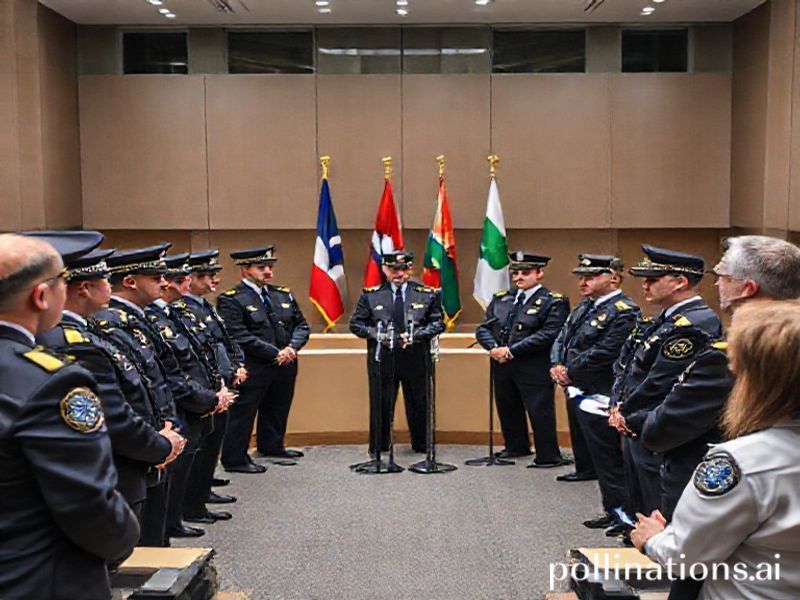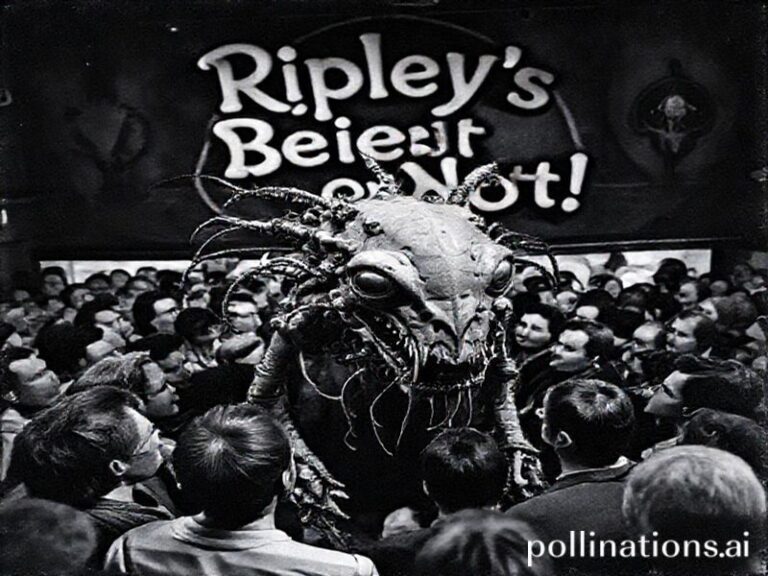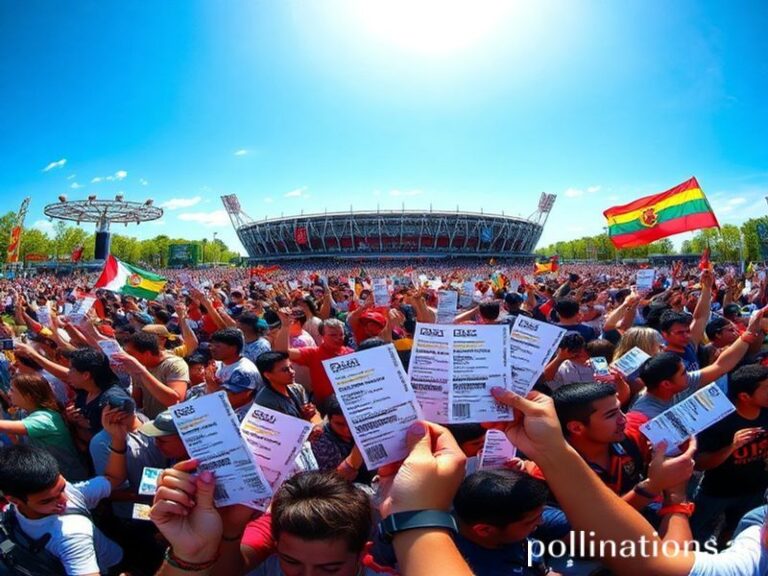Why Police Crime Commissioners Are the Hottest Topic on the Internet (And What It Means for You)
**Why Police Crime Commissioners Are the Newest Internet Obsession: A Deep Dive into the Global Trend**
Alright, folks, buckle up! We’re diving headfirst into the latest internet sensation that’s got everyone from your local meme lord to your grandma’s book club buzzing: **Police Crime Commissioners (PCCs)**. Yes, you read that right. It’s not the newest TikTok dance or a viral Netflix series—it’s a political role that’s suddenly become the talk of the town. But why? Let’s break it down, add a dash of wit, and see what’s really cooking in the global cauldron of internet culture.
### **What Are Police Crime Commissioners?**
First things first, what the heck are PCCs? In a nutshell, Police Crime Commissioners are elected officials in the UK who oversee their local police force. They’re like the CEO of law enforcement, setting priorities, holding the police accountable, and making sure the community’s needs are met. Think of them as the bridge between the cops and the people, but with a fancy title and a lot more responsibility.
### **Why Are They Trending Globally?**
Now, you might be wondering, “Why is this suddenly a thing?” Well, my friend, it’s all about context. PCCs have been around for a while, but they’ve recently stepped into the spotlight thanks to a few key factors:
1. **Social Media Amplification**: In the age of Twitter, TikTok, and Instagram, everything gets amplified. A single viral post about a PCC’s actions—or lack thereof—can spark a global conversation. Whether it’s praise or criticism, the internet loves a good debate, and PCCs are providing plenty of fodder.
2. **Police Accountability Movements**: The global push for police accountability, especially in the wake of high-profile incidents, has put PCCs under the microscope. People are asking tough questions: Are they doing enough? Are they transparent? Are they truly representing the community? These questions are resonating far beyond the UK.
3. **Political Polarization**: Let’s face it, politics is messy. PCCs, being political appointees, are caught in the crossfire of political polarization. Their decisions are scrutinized, their motives questioned, and their actions dissected. It’s drama, plain and simple, and the internet thrives on drama.
### **Cultural Context and Social Impact**
The trend isn’t just about the role itself; it’s about what PCCs represent in the broader cultural landscape. They’re a microcosm of the ongoing debate about law enforcement, community engagement, and political accountability. Here’s how it breaks down:
– **Community Engagement**: PCCs are supposed to be the voice of the community, advocating for their needs and concerns. But in an era where trust in institutions is at an all-time low, many are questioning whether PCCs are truly listening or just paying lip service.
– **Transparency and Accountability**: The internet demands transparency, and PCCs are being held to a higher standard. From social media posts to public forums, every move is being watched, analyzed, and critiqued. This scrutiny is pushing PCCs to be more accountable, but it’s also creating a lot of tension.
– **Global Relevance**: While PCCs are a UK-specific role, the issues they tackle—police accountability, community engagement, and political oversight—are universal. That’s why the trend is resonating globally. People everywhere are grappling with similar challenges, and PCCs are providing a lens through which to explore them.
### **What Makes This Topic Significant?**
So, why should you care? Well, for starters, PCCs are shaping the future of law enforcement. They’re influencing policies, setting priorities, and determining how communities interact with the police. That’s a big deal. But beyond the policy implications, the trend highlights something even more profound: the power of the internet to drive conversations and hold institutions accountable.
The fact that PCCs are trending globally shows that people are hungry for change. They want to see their voices heard, their concerns addressed, and their communities protected. And in the age of social media, they have the tools to make it happen.
### **Conclusion**
In the grand scheme of things, Police Crime Commissioners might not be the sexiest topic, but they’re undeniably significant. They’re a reflection of our collective desire for accountability, transparency, and community engagement. And in the age of the internet, they’re providing a fascinating case study in how global conversations unfold.
So, the next time you see a viral post about a PCC, remember: it’s not just about one person or one role. It’s about the bigger picture—the ongoing struggle for justice, the power of the internet, and the never-ending quest for a better, more accountable world.
Now, go forth and engage, my friends. The conversation is just getting started.







